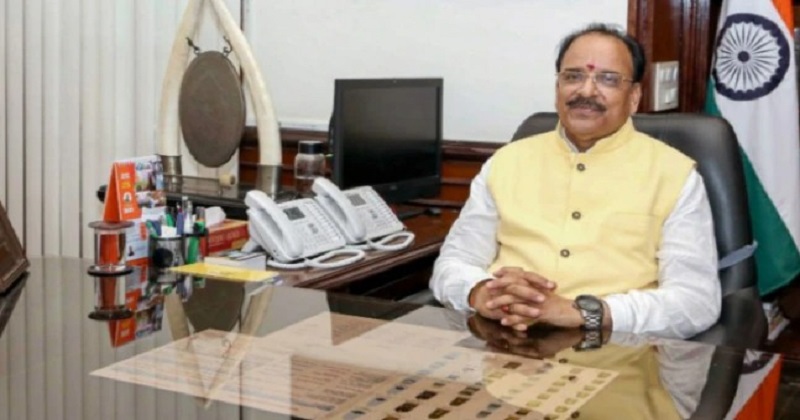
The government on Friday defended the Army Welfare Education Society’s decision not to teach regional languages at Army Public schools, claiming that doing so would place an ‘unnecessary educational burden’ on children.
Ajay Bhatt, Minister of State for Defence, made the comment in answer to a question from Congress MP Dr Shashi Tharoor in the Lok Sabha. The Congressman wanted to know why 136 Army Public Schools were being forced to embrace such a policy.
‘Army Public Schools are established under the aegis of the Army Welfare and Education Society to cater to education requirements for wards of Indian Army personnel who hail from diverse backgrounds and regions of India with different mother tongues’, Bhatt said in a written statement.
He went on to say that, unlike other schools, all 136 Army Public Schools are largely enrolled with wards of Indian Army troops who have been relocated from another area. The Ministry of State stated that the relatively short stay of families with serving members at the station, as well as frequent transfers, necessitated the standardisation of the languages, which included English, Hindi and Sanskrit.
Also Read: Alia Bhatt quashes rumours of being upset with Rajamouli, tells why she deleted ‘RRR’ posts
As per Bhatt, changing regional languages in the middle of an academic session will place an unnecessary educational burden, in addition to emotional turmoil due to academic instability that Army wards must endure when transferred into a new environment every few years.
When asked if the Ministry could intervene to create provisions for pupils to learn regional languages, Bhatt declined.
On December 8, 2021, the Army Welfare Education Society published a directive informing all Army Public Schools across the country that regional languages would not be taught.
The Society had declared that ‘the provision of teaching a regional language is not practical’ and in order to standardise the system, only English, Hindi, and Sanskrit will be taught in the schools. It goes on to say that students in grades 9 to 12 can register for any regional language, but that the school would not offer a teacher for the regional languages.

Post Your Comments